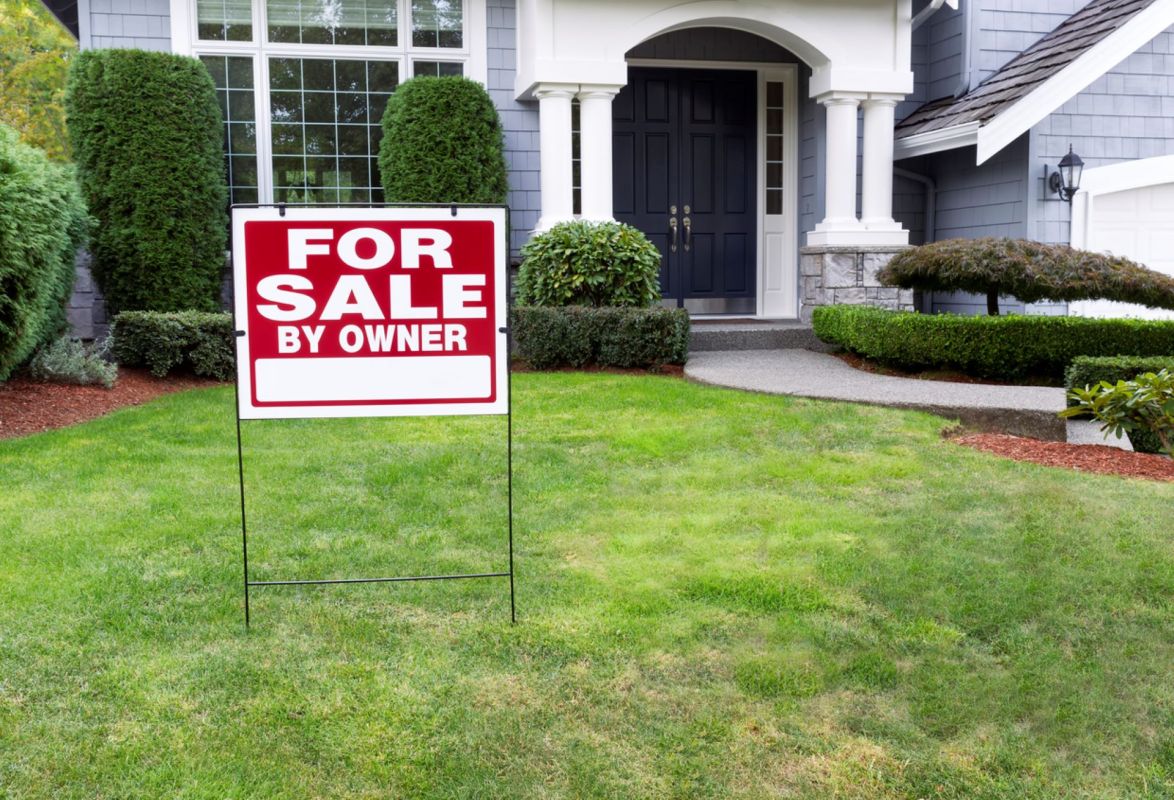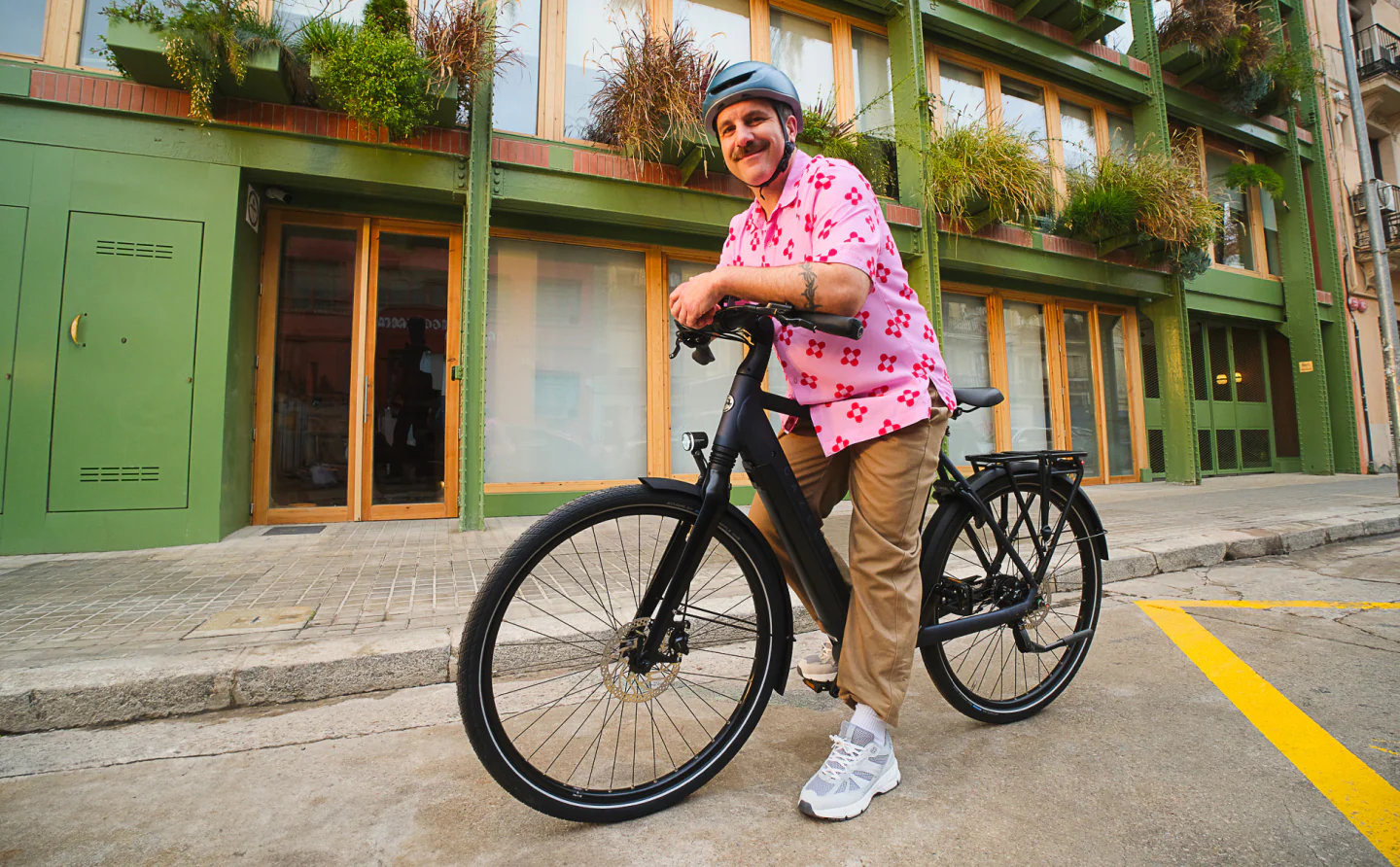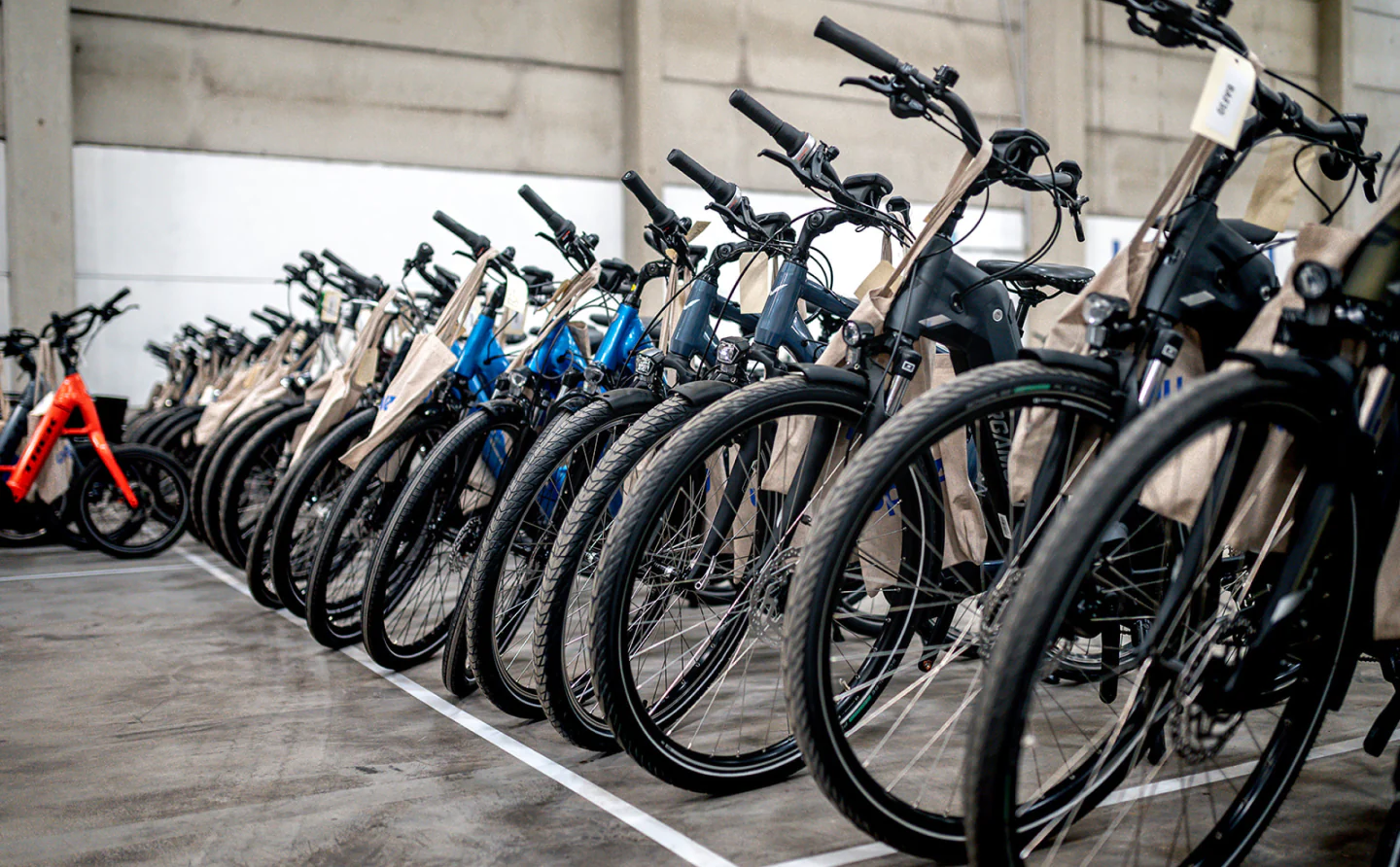They say home is where the heart is, but as the effects of our rapidly overheating planet continue to worsen, home may soon be where climate disasters are not. A new survey conducted by Zillow serves as evidence.
In recent reporting by Bloomberg, it was revealed that the Zillow survey — which polled nearly 12,000 prospective buyers between April and July 2023 — showed that more than four in five homebuyers in the United States are factoring in climate risks when they shop for a new house.
A whopping 83% of respondents said they considered at least one climate risk, with the highest concern being flood risk, followed by wildfires, extreme temperatures, hurricanes, and drought.
Most homebuyers today are Millennials and Gen Z'ers who are more likely than previous generations to consider the climate and its risks when deciding where to buy a house.
However, while climate risks are certainly affecting feelings, they have yet to lead to considering moving to an area they think is less at risk, with only 23% reporting considering homes in areas they believe to be safer from climate disasters, as Zillow stated in its survey release.
Interestingly, the study revealed that roughly one-quarter of respondents said they are actually considering moving to areas considered higher risk.
While the effects of Earth's heating may not be causing a large amount of climate migration currently, it is clearly causing concern. Further, extreme weather events will worsen as our planet continues to overheat, which could lead to climate migration at any moment.
Insurance and mortgage companies are also concerned, as Adam Kamins, director of regional economics at Moody's Analytics, told USA Today that banks are now being asked to "stress test their portfolios in preparation for the impact of climate change."
"Climate risks impact where most prospective buyers shop for a home," said Zillow senior population scientist Manny Garcia in the release. "While all generations juggle trade-offs like budget, floor plans and commute times, younger home shoppers are more likely to face another consideration: They want to know if their home will be safe from rising waters, extreme temperatures and wildfires."
Join our free newsletter for easy tips to save more, waste less, and help yourself while helping the planet.
TCD Picks » Upway Spotlight















